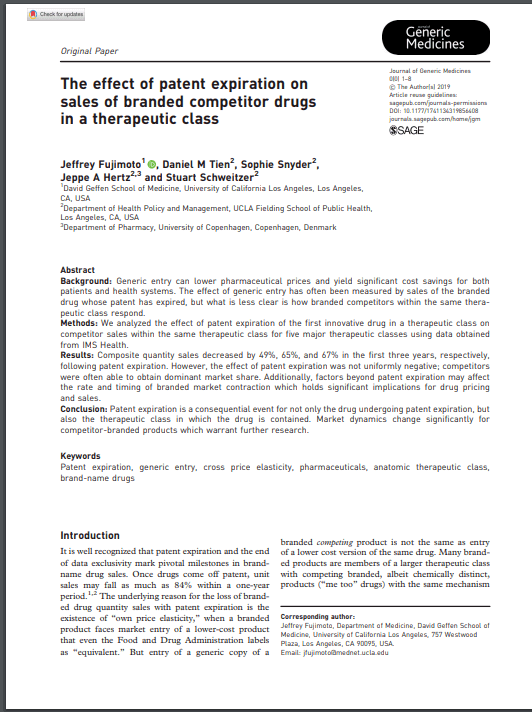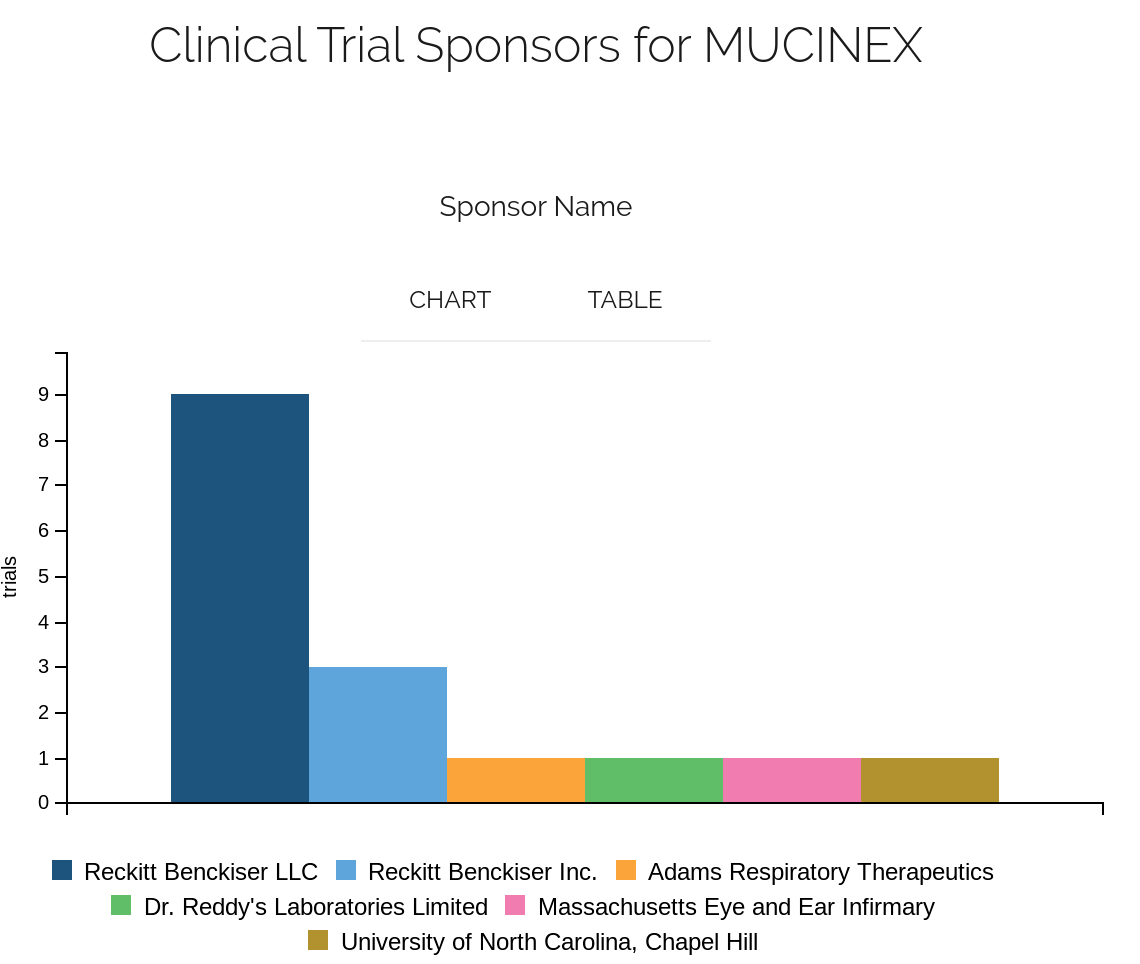Filing Drug Patents in Emerging Markets: Trends, Challenges, and Implications

The pharmaceutical industry is a significant contributor to the global economy, with a substantial portion of its production costs incurred during the development stage. This makes intellectual property protection crucial for the industry’s success. The filing of drug patents in emerging markets is a critical aspect of this protection, as it ensures that companies can recoup their investments and continue to innovate. However, the landscape of drug patent filing in emerging markets is complex, with various challenges and implications.
The Importance of Intellectual Property Protection
Intellectual property protection is a cornerstone of the pharmaceutical industry’s existence. The General Agreement on Tariffs and Trade (GATT) Uruguay Round and the North American Free Trade Agreement (NAFTA) have set high standards for intellectual property protection in the pharmaceutical industry and other sectors. This protection is essential for the industry’s continued innovation and investment in research and development.
Trends in Drug Patent Filing
Studies have shown that drug patent filing in emerging markets is influenced by various factors. For instance, patent estates in developing countries tend to cover more countries if they are older, and countries with larger potential market sizes (i.e., larger populations with higher wealth and healthcare spending) tend to attract more patent filings. Additionally, there has been an increase in patent filing activity in the developing world, particularly between 1995 and 2005.
Challenges in Emerging Markets
Despite the importance of intellectual property protection, many emerging markets have limited or no patent protection for pharmaceuticals. This lack of protection reduces the incentive for companies to invest in research and development, as they cannot ensure that their innovations will be protected from unauthorized copying. Furthermore, the absence of patent protection can lead to a delay in the introduction of new medicines, as companies may be hesitant to invest in markets where their intellectual property is not protected.
Implications for Access to Medicines
The lack of patent protection in emerging markets can have significant implications for access to medicines. Without patent protection, companies may not be incentivized to invest in research and development for diseases prevalent in these markets. This can lead to a lack of access to essential medicines, exacerbating health disparities.
Strategies for Improving Access
To address these challenges, various strategies have been proposed. One approach is to promote transparency in patent holdings, allowing for better tracking and management of patents. This transparency can facilitate partnerships and cooperation between companies, governments, and other stakeholders to ensure equitable access to medicines. Another strategy is the use of equitable access licenses, which limit the enforcement of patents in developing countries, ensuring that essential medicines are accessible to those who need them.
Conclusion
In conclusion, the filing of drug patents in emerging markets is a complex issue with significant implications for the pharmaceutical industry and access to medicines. While intellectual property protection is crucial for the industry’s success, the lack of protection in emerging markets can hinder innovation and access to essential medicines. Strategies such as transparency in patent holdings and equitable access licenses can help address these challenges and ensure that medicines are accessible to those who need them.
References
- Secondary Pharmaceutical Patenting: A Global Perspective. (n.d.). Retrieved from https://www.nber.org/system/files/working_papers/w23114/w23114.pdf
- Mossinghoff, G. J., & Bombelles, T. (n.d.). Intellectual Property Protection And The Pharmaceutical Industry. Retrieved from https://www.oblon.com/publications/intellectual-property-protection-and-the-pharmaceutical-industry
- U.S. Food and Drug Administration. (2015). Patents and Exclusivity. Retrieved from https://www.fda.gov/media/92548/download
- ‘t Hoen, E. F. M., et al. (2017). In which developing countries are patents on essential medicines being filed? Globalization and Health, 13(1), 1–13. doi: 10.1186/s12992-017-0262-4
- Sampat, B. N., & Shadlen, K. C. (2008). Academic Patents and Access to Medicines in Developing Countries. PLOS Medicine, 5(6), e142. doi: 10.1371/journal.pmed.0050142




















